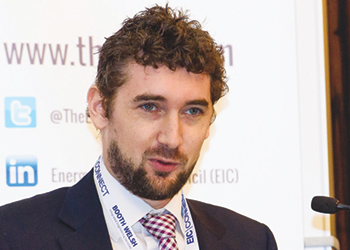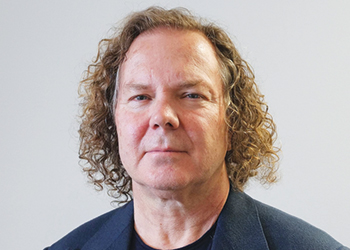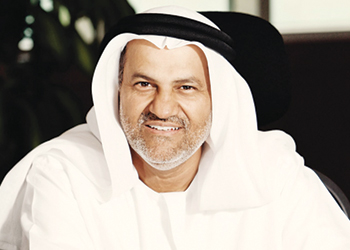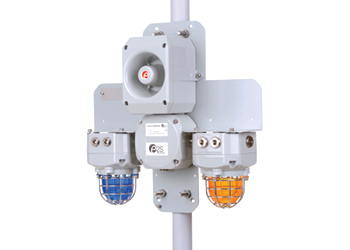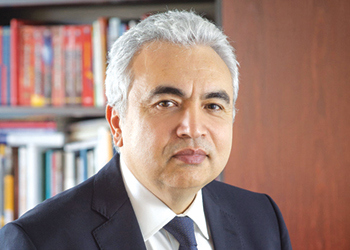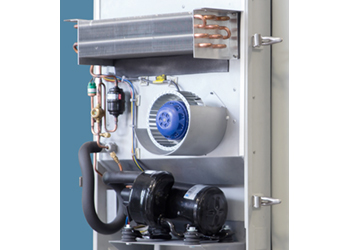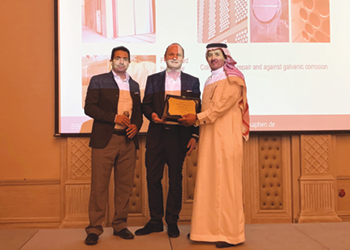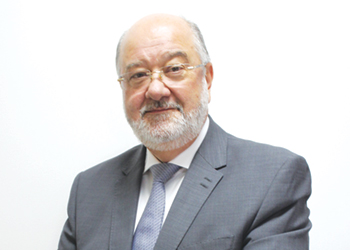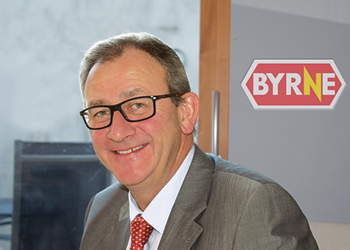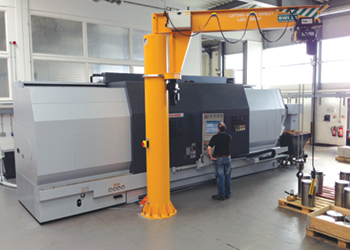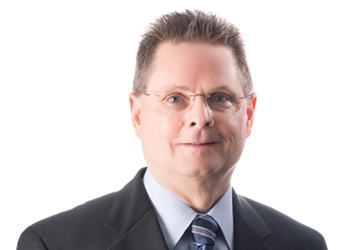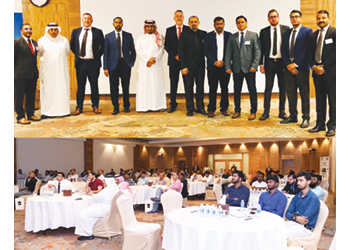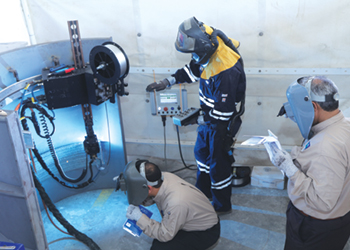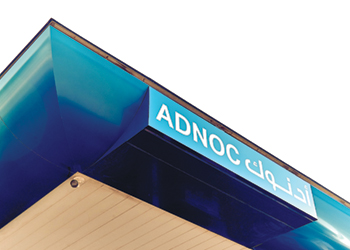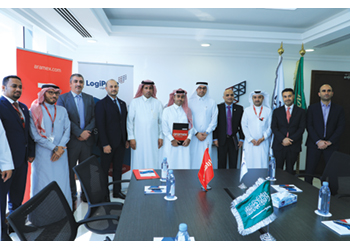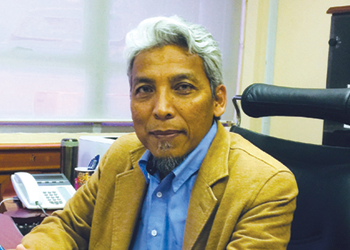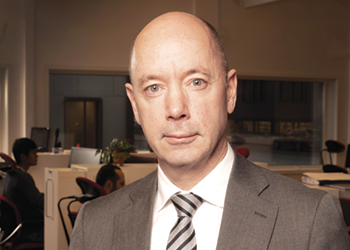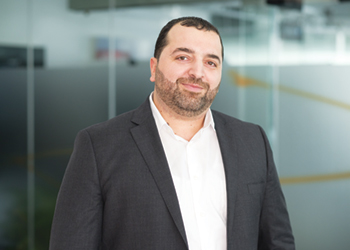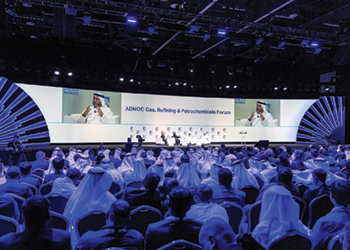
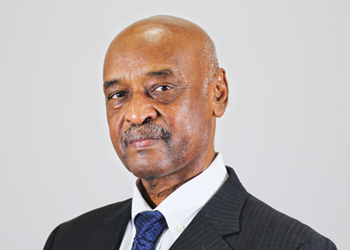 Al-Gorashi ... maintaining standards
Al-Gorashi ... maintaining standards
SPSP maintains regular assessments and internal quality assurance reviews which ensure that all training and assessments are carried out and recorded to the highest standard, says SPSP Quality Assurance & Accreditation Director MUSTAFA AL-GORASHI
Saudi Petroleum Services Polytechnic (SPSP), a leading institution that meets the needs of the petroleum services industry and supports Saudisation, considers that the two main challenges it faces are ensuring a high level of customer satisfaction and maintaining its current accreditations.
"Maintaining a high level of customer satisfaction is a great challenge. SPSP is working closely with its customers to solicit feedback about the quality of its graduates and is working to close any identified gaps," says SPSP Quality Assurance & Accreditation Director Mustafa Al-Gorashi.
To maintain current accreditations, SPSP is working closely with the accrediting/awarding bodies to close all identified gaps and ensure all assessment and training standards are met," he says
SPSP maintains a programme of regular assessments and internal quality assurance reviews which ensure that all training and assessments are carried out and recorded to the highest standard. In addition, each awarding body visits SPSP to carry out its own external quality assurance assessments. The assessments are usually multi-day in-depth audits but may include unannounced spot checks, he explains.
In order to maintain the required high standards of the awarding bodies, SPSP provides dedicated Assessor and Internal Quality Assurance (QA) training programmes, Continuous Professional Development for all staff members and Standardisation Meetings to ensure a fair and accurate assessment. SPSP operates a well-advertised and administered Appeals Process for students.
In order to maintain the quality of graduates and services at SPSP, the institution’s QA Department conducts internal QA reviews to maintain the quality of training and related services for trainees which include training centre reviews that are conducted to ensure that set training and facility requirements are adhered to; classroom observations are conducted for each instructor/trainer to ensure required instructional standards are applied; course reviews are conducted to ensure that trainee performance meets the set proficiency standards in all academic and technical courses; surveys are conducted for training staff and trainees in academic and technical years to measure the level of satisfaction about training programmes and related services.
QA also conducts external reviews to ensure high quality among graduates, which include:
• QA schedules visits with trainee sponsoring companies on a regular basis. The QA team will meet with company graduate supervisors and graduates. Interviews, surveys and discussion are used to collect satisfaction feedback during these visits;
• A yearly online satisfaction survey is conducted to collect information and measure customer satisfaction from all active sponsoring companies;
• SPSP has a Training Advisory Committee that meets regularly with sponsoring companies to discuss training and company relations issues. Meeting minutes with recommendations and actionable items are produced at the end of each meeting;
The feedback collected from these external reviews is used to improve the training programme and services through recommendations and actionable items that are shared with the parties concerned. QA follows up to ensure that identified gaps in these reviews are closed as much as possible in a timely manner, he notes.
On SPSP’s key Performance Indicators (KPIs), he says customer satisfaction is measured using an on-line customer satisfaction survey. The last satisfaction level was 76 per cent while the target was 80 per cent.
Improvement solutions are measured through the percentage identified gaps closed. "We achieved 85 per cent closure while the target was 90 per cent."
Trainee learning performance was around 95 per cent while the target was 95 per cent and graduation rate is around 95 per cent with the target being 95 per cent.
On SPSP’s connection with Saudi Aramco, he says Aramco has a very long intensive experience in industrial training. SPSP is investing its close relation with Saudi Aramco to secure support on curriculum development, training equipment, staff development and quality assurance.
Regarding staff competence, he says it is essential to attract and retain a team of experienced instructional staff to ensure sustainable institutional excellence. SPSP rewards highly performing staff members and provides continuous professional development for all staff.
As regards accreditation, he says SPSP is an approved centre with accrediting and awarding bodies including ACCET – Accrediting Council for Continuing Education & Training; City & Guilds; PAAVQ-SET (Process Awards Authority Vocational Qualifications – Science, Engineering, Technology); IADC - International Association of Drilling Contractors (via Aberdeen Drilling International); IOSH - Institution of Occupational Safety and Health; IRU – International Road Transport Union; LEEA - Lifting Equipment Engineers Association; and NSC – National Safety Council.
SPSP is currently progressing with applications for approval from NEBOSH - National Examination Board in Occupational Safety and Health; OPITO - Offshore Petroleum Industry Training Organisation; and Saudi Heart Association, he adds.



















































































